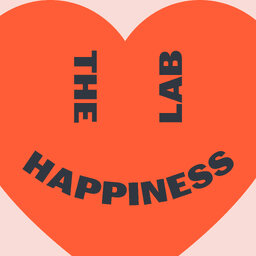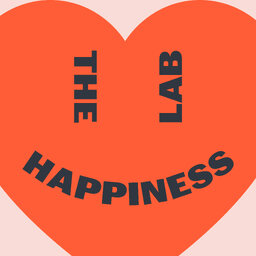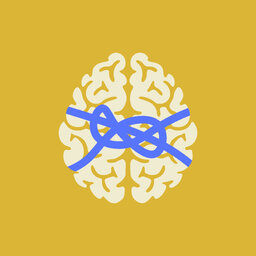Smell, Taste and Touch: How to Joyfully Awaken Your Senses
Happiness expert Gretchen Rubin was warned that her eyesight was in peril. It shocked her into realising she'd taken all of her five senses for granted - and so she resolved to wring every ounce of joy from the sights, sounds, smells, tastes and textures around her.
Concluding her conversation with Dr Laurie Santos, Gretchen explains how to be more alive to smell, taste and touch - building on the ideas in her new book Life in Five Senses: How Exploring the Senses Got Me Out of My Head and Into the World.
In 1 playlist(s)
The Happiness Lab with Dr. Laurie Santos
You might think you know what it takes to lead a happier life… more money, a better job, or Instagra…Social links
Follow podcast
Recent clips

How to Find "The One": The Science of Dating with Tim Molnar
45:01

How to Feel Truly Loved (with Dr. Sonja Lyubomirsky and Dr. Harry Reis)
42:09

How to Design a More Meaningful Life (with Dave Evans and Bill Burnett)
46:30
 The Happiness Lab with Dr. Laurie Santos
The Happiness Lab with Dr. Laurie Santos